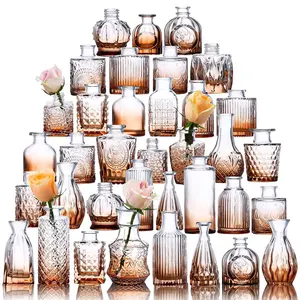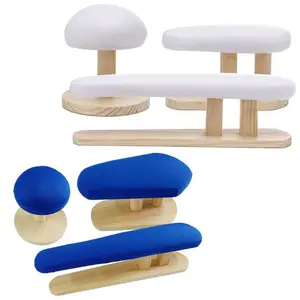Popular in your industry
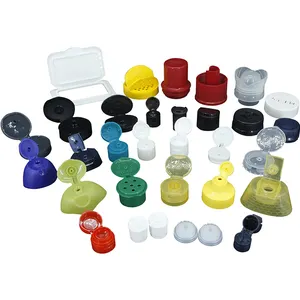





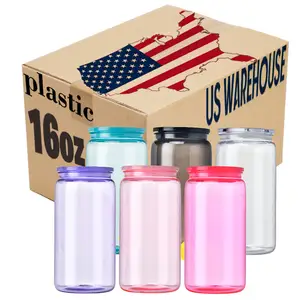




























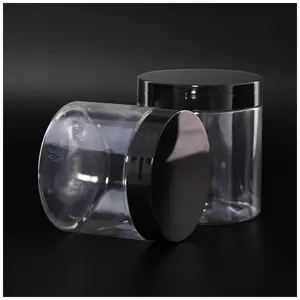















Top categories
About acrylic lids
Exploring the Versatility of Acrylic Lids
Acrylic lids are a versatile component in the packaging and container industry, catering to a myriad of applications across various sectors. These lids are crafted from sturdy acrylic, known for its clarity and durability, making them a popular choice for enhancing product visibility while offering protection.
Types and Materials
The range of acrylic lids encompasses a diversity of types, each designed to fit specific containers and purposes. Materials used in their construction include not only acrylic but also complementary substances such as silicone for sealing purposes. These materials are selected for their resilience and compatibility with acrylic's aesthetic and functional properties.
Design and Functionality
Design innovation in acrylic lids is evident in their array of shapes and functionalities. From flat covers to domed caps, each design serves a unique function, whether it's to seal in freshness or to dispense contents with ease. The functionality extends to the ease of use, with features such as screw-top closures and flip-top spouts for user convenience.
Applications and Features
Acrylic lids are not limited to one industry but are utilized across various domains such as food and beverage, cosmetics, and healthcare. Their features, such as airtight seals and resistance to impact, make them suitable for preserving product integrity in different environments.
Customization and Aesthetics
Customization options for acrylic lids are vast, with possibilities ranging from embossed textures to color-changing effects when exposed to contents. This adaptability not only enhances the user experience but also allows for a high degree of personalization to align with brand identities.
Environmental Impact and Durability
The durability of acrylic lids contributes to their environmental impact by extending the lifespan of products and reducing the need for frequent replacements. Their robust nature ensures that they can withstand repeated use, making them a sustainable choice in long-term applications.

